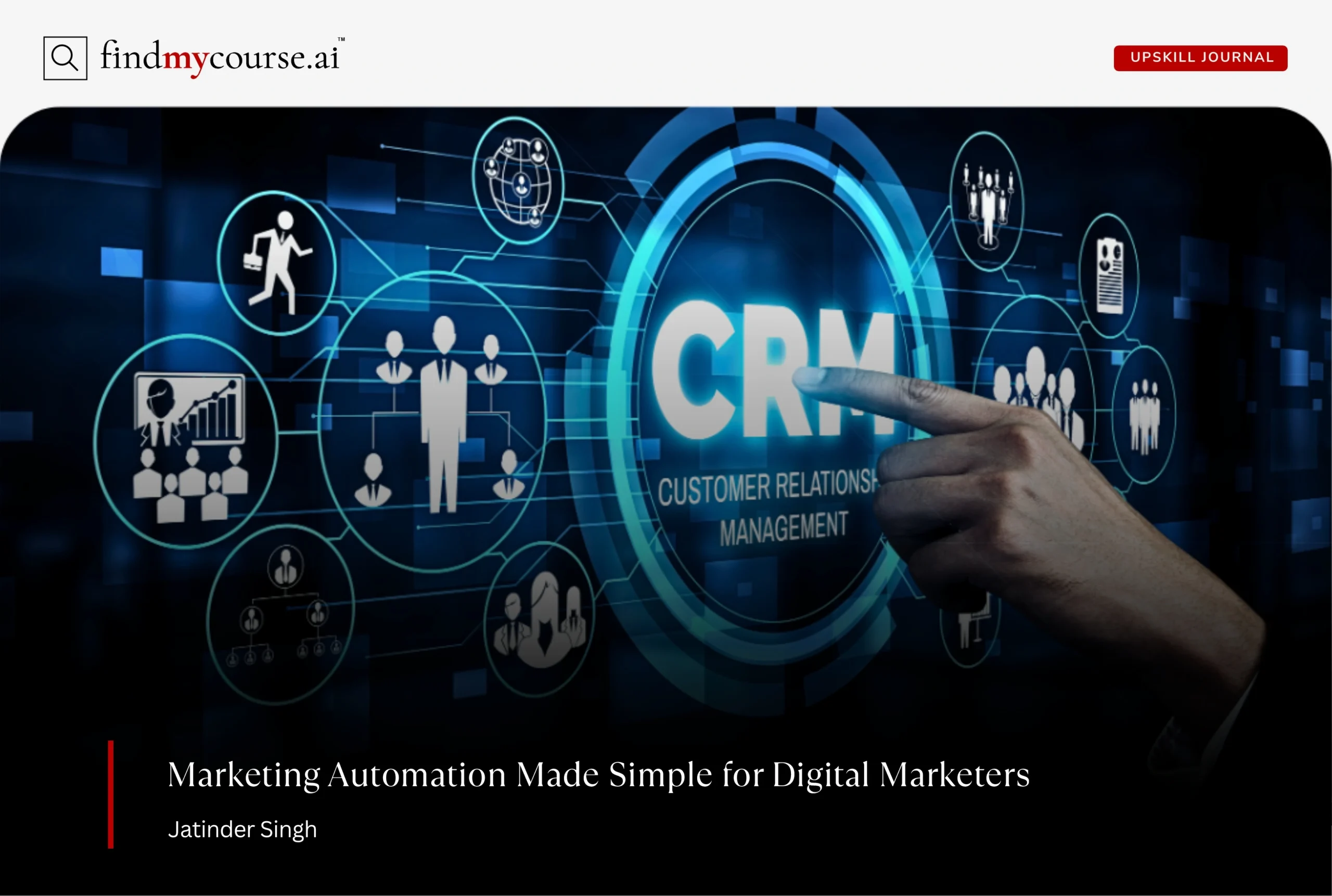Imagine visiting an online store that seems to read your mind—showing the products you want, offering deals tailored just for you, and delivering them faster than you expected. This isn’t science fiction; it’s the reality of AI in E-commerce in 2026. From hyper-personalized shopping experiences to lightning-fast logistics, AI is revolutionizing the way we buy and sell online. Businesses that harness this technology gain a competitive edge, while consumers enjoy a seamless, intuitive journey.
In this rapidly evolving landscape, understanding AI’s role is no longer optional—it’s essential. Whether it’s predicting trends, securing transactions, or optimizing marketing strategies, AI is reshaping every corner of online retail. In this guide, we explore how AI is transforming e-commerce, from personalization to logistics and beyond.
Understanding AI in E-commerce
Artificial intelligence refers to technologies that can analyze data, recognize patterns, and make decisions with minimal human intervention. In the context of AI in e-commerce, it supports decision-making, predicts trends, and enhances customer experiences across the entire shopping journey. Unlike traditional tools, AI continuously learns from new information, improving its recommendations and predictions over time. For example, a recommendation engine does not just suggest products based on historical purchases—it also adapts to changes in behavior, seasonal trends, and broader market shifts.
According to the Salesforce Connected Shopper Report 2025, AI is driving the most significant shift in consumer shopping behavior since the rise of e-commerce. The report highlights that AI tools are enhancing personalization, streamlining purchasing processes, and improving customer service, which leads to higher engagement and satisfaction. This demonstrates how AI is not just a technology upgrade—it fundamentally reshapes how customers interact with online retailers.
This adaptability is why AI has become a cornerstone of modern e-commerce. It allows businesses, whether large or small, to compete effectively while providing customers with highly personalized, convenient, and secure experiences.
Key Applications of AI in E-commerce
AI is no longer confined to one aspect of online retail—it touches every stage of the customer journey. From helping shoppers discover products they’ll love to streamlining warehouse operations, AI is redefining how businesses operate and compete. Understanding these applications of AI in E-commerce reveals not just how e-commerce is evolving, but also how businesses can leverage technology to create smarter, faster, and more personalized shopping experiences.
1. Personalization: Creating Unique Shopping Experiences
Shoppers now expect interactions that feel personal, relevant, and seamless. AI analyzes browsing behavior, purchase history, and preferences to anticipate needs, helping businesses deliver recommendations, content, and promotions that genuinely engage customers.
- Product Recommendations: AI analyzes browsing history, past purchases, and device activity to suggest products customers are most likely to buy, increasing engagement.
- Dynamic Content: Websites adapt banners, homepage layouts, and promotions in real time to align with each visitor’s preferences.
- Targeted Marketing: Personalized emails, notifications, and special offers encourage conversions and foster loyalty.
AI in E-commerce also recovers abandoned carts with tailored reminders or discounts, creating a smooth, customer-focused shopping journey.
2. Smart Logistics and Inventory Management
Efficient logistics is essential for customer satisfaction. AI optimizes inventory and delivery processes by predicting demand, improving warehouse operations, and streamlining shipping, helping businesses meet expectations while reducing costs and operational inefficiencies..
- Predictive Inventory Management: AI forecasts demand based on historical sales, seasonal trends, and market patterns, preventing overstock or stockouts.
- Warehouse Automation: Robots powered by AI pick, sort, and package items quickly and accurately, reducing errors and increasing fulfillment speed.
- Optimized Delivery Routes: AI calculates the fastest and most cost-effective routes, ensuring timely deliveries.
- Autonomous Delivery: Emerging technologies like drones and self-driving vehicles streamline last-mile shipping.
By automating these processes, AI in E-commerce helps businesses maintain high service standards, reduce operational costs, and scale efficiently without compromising quality.
3. Intelligent Marketing and Sales Optimization
Marketing effectiveness relies on precise, data-driven strategies. AI analyzes customer behavior and market trends to optimize campaigns, segment audiences, and maximize sales, ensuring businesses deliver relevant experiences while improving overall ROI.
- Dynamic Pricing: AI adjusts prices in real time according to demand, inventory, and competitor activity to maximize revenue.
- Predictive Analytics: Forecasts the performance of products, promotions, and campaigns to guide strategy.
- Customer Segmentation: Groups shoppers based on behavior, purchase history, and engagement for more targeted messaging.
- Churn Prevention: Detects at-risk customers and triggers retention strategies such as personalized offers or reminders.
By combining these capabilities, businesses can increase conversions, improve ROI, and create more relevant, engaging customer experiences across channels.
4. AI-Powered Customer Support
Customers expect fast, accurate support. AI enables quick responses, anticipates user needs, and streamlines routine tasks, allowing human agents to focus on complex issues while ensuring consistent and satisfying experiences.
- Chatbots: Provide immediate answers to FAQs, guiding shoppers through simple queries and reducing wait times.
- Virtual Assistants: Help users locate products, complete complex purchases, and manage post-purchase support efficiently.
- Sentiment Analysis: Monitors feedback, reviews, and social media to identify trends in satisfaction or frustration and address issues proactively.
Automating routine inquiries frees human agents to handle complex cases, improving service quality and ensuring customers receive personalized, efficient, and satisfying support throughout their shopping journey.
5. Fraud Detection and Security
Online security is critical, and AI protects both businesses and customers. By monitoring transactions, accounts, and behavior patterns, AI identifies threats in real time, preventing fraud and safeguarding trust.
- Transaction Monitoring: Detects unusual purchasing patterns that could indicate fraud, helping prevent financial losses.
- Account Protection: Monitors login behaviors and flags suspicious activity to prevent unauthorized access.
- Payment Verification: Evaluates transaction risk in real time, ensuring safe purchases without disrupting legitimate customers.
By continuously learning from new data, AI improves accuracy in identifying threats, maintaining trust, safeguarding revenue, and protecting brand reputation in an increasingly complex and online-first retail landscape.
6. Product Development and Trend Forecasting
AI helps businesses design products aligned with customer demand. By analyzing behavior, reviews, and market trends, companies can identify emerging opportunities, optimize production, and increase the success rate of new launches.
- Identify Emerging Trends: Detects shifts in preferences or demands before competitors, helping businesses stay ahead.
- Suggest Improvements: Uses reviews and social insights to guide enhancements or new product features.
- Forecast Demand: Predicts seasonal or niche market needs, enabling efficient inventory and production planning.
This predictive approach reduces waste, aligns products with real consumer preferences, and increases the likelihood of successful launches. Businesses leveraging AI gain a competitive edge in a fast-paced, ever-changing e-commerce environment.
Emerging Trends of AI in E-commerce
AI is rapidly advancing, enabling new ways for customers to shop and for businesses to engage. Voice assistants, virtual try-ons, automated content creation, and ethical AI are redefining convenience, personalization, and trust in online retail.
| Trend | How It Works | Example Applications | Impact on E-commerce |
| Voice Commerce | AI-powered assistants understand and process spoken commands | Amazon Alexa, Google Assistant | Enables hands-free, fast, and convenient shopping |
| Augmented Reality (AR) | Uses cameras and sensors to overlay digital products in real-world settings | Virtual furniture placement, virtual clothing try-ons | Improves purchase confidence and reduces returns |
| Generative AI | Creates text, images, and campaigns automatically | Product descriptions, ad copy, personalized emails | Speeds content production and enhances personalized marketing |
| Ethical AI | Implements privacy, fairness, and transparency in AI systems | Data anonymization, bias detection in recommendations | Builds consumer trust and strengthens brand reputation |
Conclusion
In 2026, AI is transforming e-commerce from a transactional process into an intelligent, intuitive experience that anticipates and fulfills customer needs. Its influence extends beyond efficiency, shaping the way products are developed, marketed, and delivered. As technology advances, businesses that integrate AI in e-commerce thoughtfully will not only streamline operations but also build lasting trust and loyalty with their customers. The future of online retail belongs to those who embrace AI’s potential, turning innovation into meaningful, personalized, and secure shopping experiences for all.


